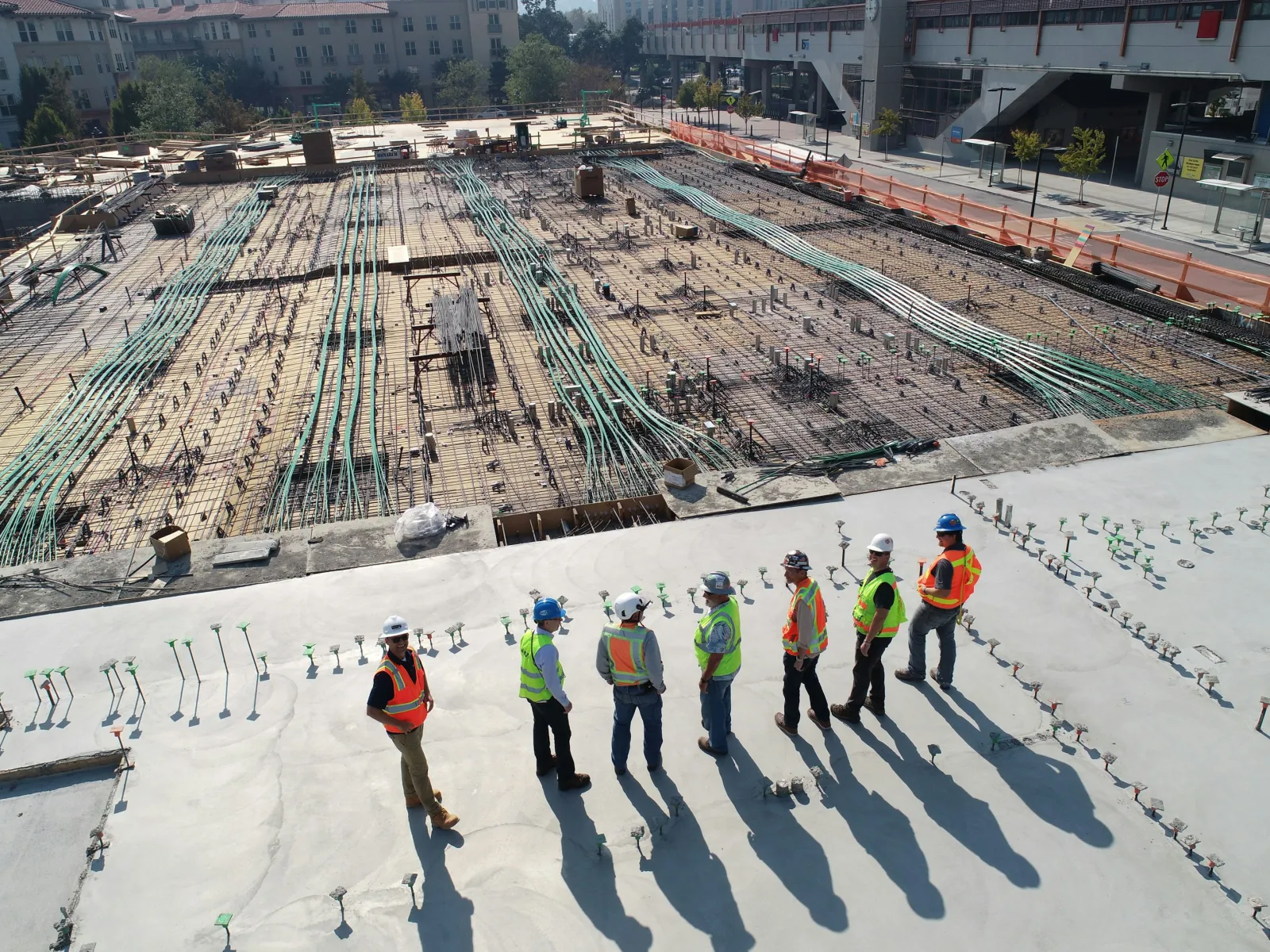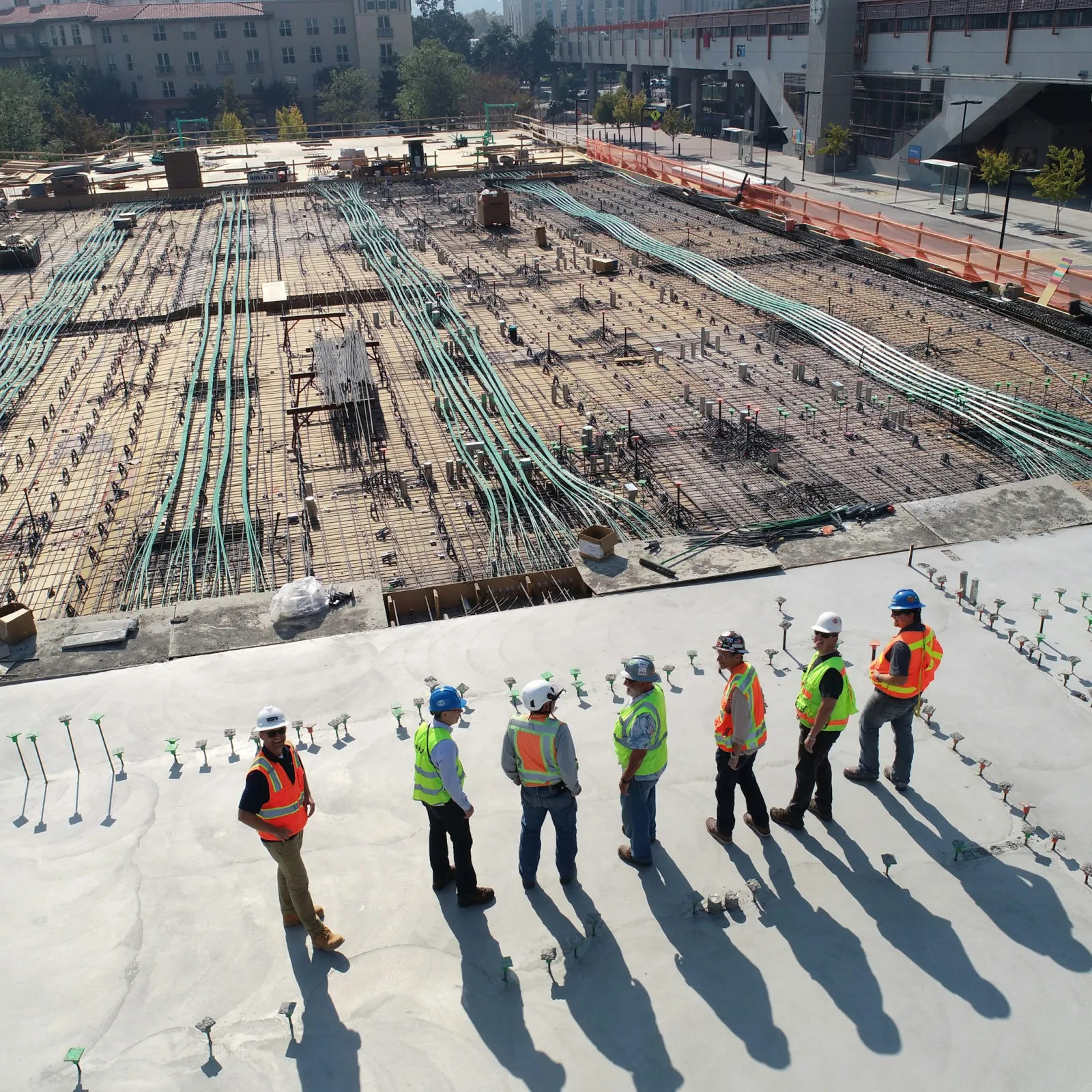
Prevailing Wage Compliance in California
eMars provides certified payroll and compliance solutions tailored primarily for federal projects and select state jurisdictions. While many agencies accept the standard WH-347 form, some states will require their own form. For questions about supported jurisdictions, please contact our team directly.

Basic Hourly Rate versus the Total Rate
General Determinations comprise both the Basic Hourly Rate and the Total Hourly Rate for each location and classification. California law mandates employers provide the Basic Hourly Rate as the minimum wage for every hour worked. However, there are exceptions to this rule, and eMars, the best payroll compliance software, can accommodate these exceptions.
The Total Hourly Rate encompasses the Basic Hourly Rate and the extra remuneration for "employer payments." These payments typically cover fringe benefits like health and welfare, vacation/holiday, apprentice training, and pension.
Employers are free to either directly pay these fringe benefits as part of wages or to acquire an offset for the "actual cost" of the benefit offered to the employee, which was funded into a bona fide health, pension, vacation, or fringe benefit plan. In either case, the total remuneration offered by the employer to the employee must align with the Total Hourly Wage stipulated by the Director in the General Determination.
View California's industry-specific wage rates on the official DIR site.
For the most accurate and current information on prevailing wage requirements, consult the U.S. Department of Labor or your state's official labor website.
California Prevailing Wage FAQs
What are the prevailing wage benefits in California?
In California, prevailing wage benefits are additional compensations that workers on public works projects receive, beyond their hourly wage. These benefits typically include health insurance, retirement plans, vacation pay, etc. The California Department of Industrial Relations (DIR) sets the required benefit rates to ensure workers receive fair compensation packages in line with industry standards. Our compliance solutions help companies calculate and administer these benefits accurately, ensuring full compliance with state regulations.
How are prevailing wages determined in California?
What types of projects require prevailing wage compliance in California?
In California, prevailing wage laws apply to all state-funded public works projects. This includes construction, alteration, demolition, installation, and repair work conducted under a public contract. Our compliance solutions can help ensure adherence to these regulations across various project types.
What are the consequences of non-compliance with prevailing wage laws in California?
Non-compliance with California prevailing wage laws can result in significant penalties, including fines, back pay requirements, and potential debarment from future public works contracts. Our compliance solutions help mitigate these risks by ensuring accurate wage payments and documentation.




